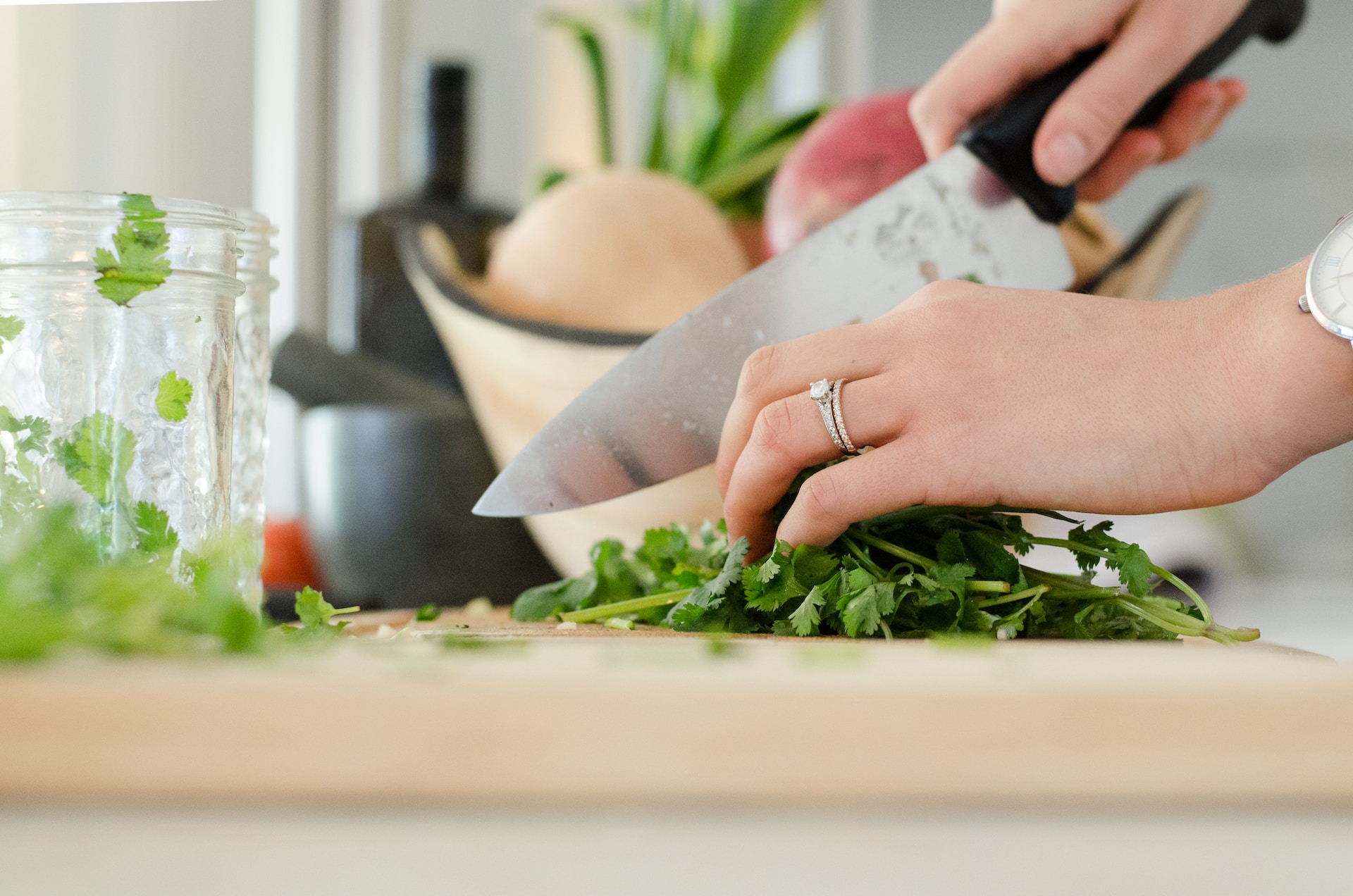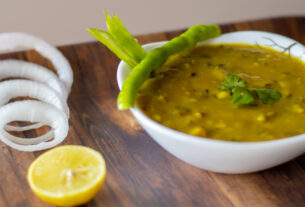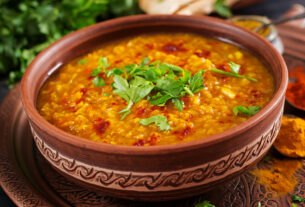Are you prepared to start your culinary adventure? With some straightforward yet helpful cooking tips for beginners given in this article, you take your first steps into the world of cooking. Every beginning cook encounters challenges and culinary mishaps. You shouldn’t let it stop you from trying though. You can become a great cook by using the following advice, which is certain to assist you.
11 Simple Cooking Tips for Beginners
Check out some of the useful cooking tips for beginners.
1. How to Ace the Recipe
This is the fundamentals of cooking. Don’t just scan the recipe; actually read it. Before turning on the stove, make a list of all the ingredients and assemble them all together. To avoid confusion during cooking, please read the instructions before you begin. This will keep the cooking process clear of misunderstandings and mistakes.
2. Cut Onions Without Teary Eyes
Have you ever wondered how certain people manage to slice through several onions without a single tear? The instant you enter the kitchen, your eyes begin to flood up. Our best theory is that your eyes simply adjust. However, until then, dab some vinegar on your knife before cutting an onion. Another piece of advice was to cut the onion without removing the root from one of Chef Gordon Ramsay’s cooking videos. The liquids are spilled into the air as soon as the root is cut. Therefore, cut the onion into slices and then continue to chop it until the root is reached.
3. How to Knead Soft Dough
Is your dough coming out too firm or too sticky? You must begin by exercising patience. Always add water a little at a time. You can then see how much water is required. To make the dough soft and fluffy, attempt to knead it with lukewarm water as well. Also, remember to give the dough at least 15 minutes to rest before using it.
4. Making Non-Sticky Rice
Prior to cooking the rice, always wash and rinse it three to four times with water. By doing so, additional starch and pesticides are eliminated, and cooking stickiness is avoided. For 15-20 minutes, soak the rice in water to make it softer. Be cautious to wait until the water has fully boiled before adding the rice. And wait until the rice is almost done cooking before stirring it.
5. Pasta Cooking Instructions
In the beginning, our pasta frequently comes out either overcooked or undercooked, but not al dante. Add pasta to boiling water as soon as it starts to boil for the best texture. Salt and oil are added to pasta to help it puff out and stop it from sticking together. Before turning off the gas, make sure the pasta is not perfectly firm, too soggy, or too hard. To stop it from continuing to cook in the steam and to stop it from becoming sticky, rinse it in cold water right away.
6. Guide to Cook Curries
Exactly follow the instructions. First, roast the whole spices until fragrant. Cumin, onions, and other spices should then be added. After the onions have been browned, add the tomatoes. Add your vegetables or meat only after the tomatoes have started to wilt. These actions are crucial to allowing each ingredient to cook at their own rate. A dish that results from mixing them can be disastrous.
7. Seasoning Food
Understanding the amounts of seasonings to be added to the dish will take some time if you are a novice cook. As you follow the recipe, adjust the ingredients to the size of your dish. Always add salt sparingly since you may always add more if necessary.
8. Fix Extra Salty Food
Making blunders when cooking for the first time is inevitable. The most frequent error that we all have a tendency to make is using too much salt. However, you may repair it by incorporating milk into your gravy. Even better, add some potatoes to the gravy; they should soak up extra salt.
9. Taste Evaluation
Believe us when we say that even chefs do this. As your food cooks, keep tasting it to check the seasoning and make any necessary adjustments. So adjust your food while you can. Once a dish is prepared, it’s even harder to change the components and flavors.
10. Keep Fresh Herbs Handy
Even if you prepare a dish that lacks flavor, you can subsequently add flavor by garnishing it with herbs like coriander leaves, basil leaves, oregano, mint leaves, etc. Beginners can easily cover up their cooking errors by adding herbs, which rapidly enhance the flavor of the food.
11. Do Not Be Afraid to Try New Things
Finally, but most importantly, believe in yourself. If you are confident that an ingredient substitution might work, there is no harm in experimenting with the recipe. We gain knowledge from our errors, and success requires taking some chances, right?
Summary
Now that you’ve made the decision to cook for yourself and your loved ones, make learning about cooking pleasant. The cooking tips for beginners stated above are there to help you.



